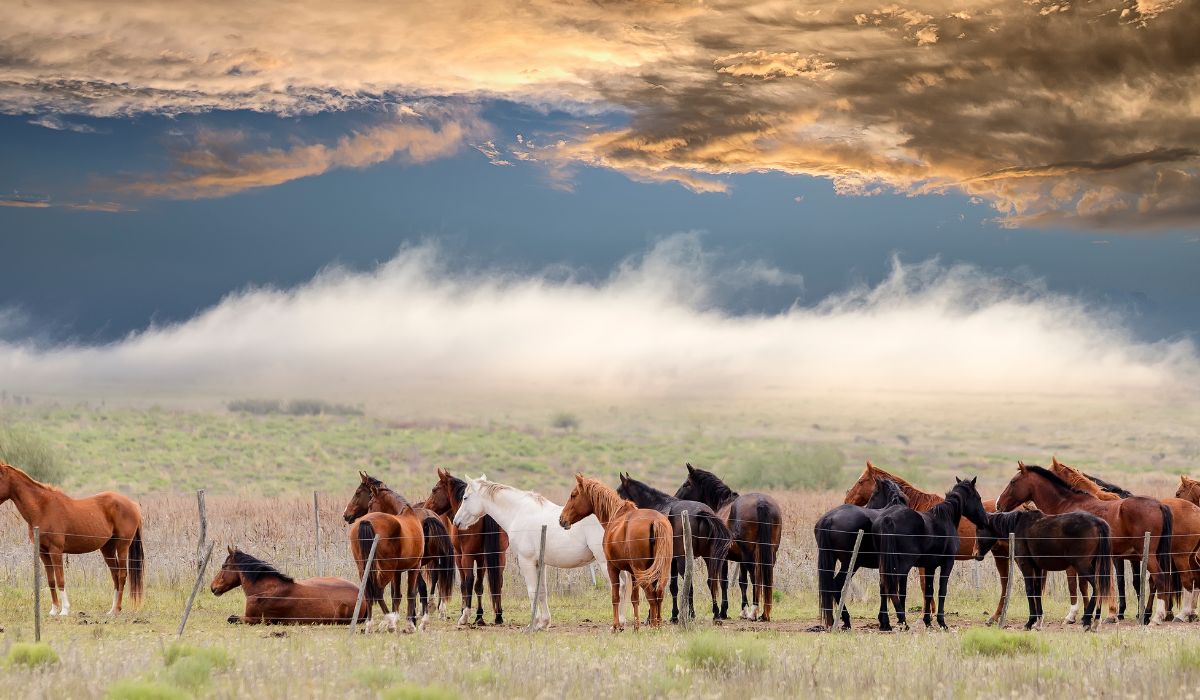A horse purchase is never a simple task. Horse Supplies require dedication over many years, or perhaps decades. A few guidelines should be followed to ensure that this purchase goes as easily as possible and that there are no regrets.
Where to look for a horse and how to choose one?
The rider’s true level is the first point of contention. Is he an expert or a beginner? An experienced rider can operate his horse safely and effectively by himself. To progress with his animal, a beginning rider has to be able to be overseen by qualified instructors to be able to move with his animal.
According to recent research on horse behavior, less emotional horses are better suited to some tasks. Recreational riders and new riders. On the other hand, seasoned riders and those who participate in sports riding are more likely to seek the most emotional horses.
The rider’s level must be considered while selecting a breed or type of horse, as well as the animal’s age. “Young rider, old horse,” says a saying that makes sense. Old rider, young horse. Beyond the actual age of the rider or the animal, experience is what matters most. An inexperienced rider will find it simpler to select an experienced horse and vice versa.
Those disciplines that are used
A certain breed of horse corresponds to each orientation. Certain activities suit some species better than others. For instance, roses are thorny and frequently suitable for hiking. Conversely, the Selle Français are often chosen and raised for their sport.
Advertising avenues
Professional horse dealers provide a wide selection of horses and can direct buyers toward the breed of animal most appropriate for their intended use.
Riding instructors can use their networks of contacts to locate a horse that fits the rider’s level and discipline. Following the sale, assistance and counsel might be provided.
Professional breeders sell their horses directly and intimately. They can then offer insightful guidance during the sale. The choice of animals is still less significant than, say, in a store. Individuals may sell their horses. On the other hand, if an issue arises, there is no legal redress. Choosing and setting limits on taking risks requires significant competence.
Additionally, there are auctions where the animals are typically chosen before entering the ring. Prices are often higher than direct sales, and selection may be genetically or performance-based.
Reformed horses are also offered by racing experts, including breeders, trainers, and others. Although these horses are inexpensive, they need a skilled rider or immediate care.
What judicial processes?
Each party must act honestly and uphold the law, as the sale is a common legal act. Its obligations. It may be contingent upon a specific event happening, or it may happen regardless of whether that event occurs. The agreement of both parties is necessary because it is a voluntary act. The purchaser is aware of his obligations. He is, therefore, a competent adult or minor who has attained emancipation.
A sales contract must be in writing for it to be enforceable and for the purposes of documentation and oversight of the events. While an animal is limped when designed for competition, for instance, it can be used to demonstrate that it is unsuitable. We are discussing the horse’s final location. This part of the contract is crucial. Each party has co-signed a copy of the agreement. It suffices to use plain language devoid of legal jargon since, in a dispute; the judge can discern the parties’ true intentions at the time of the sale.




